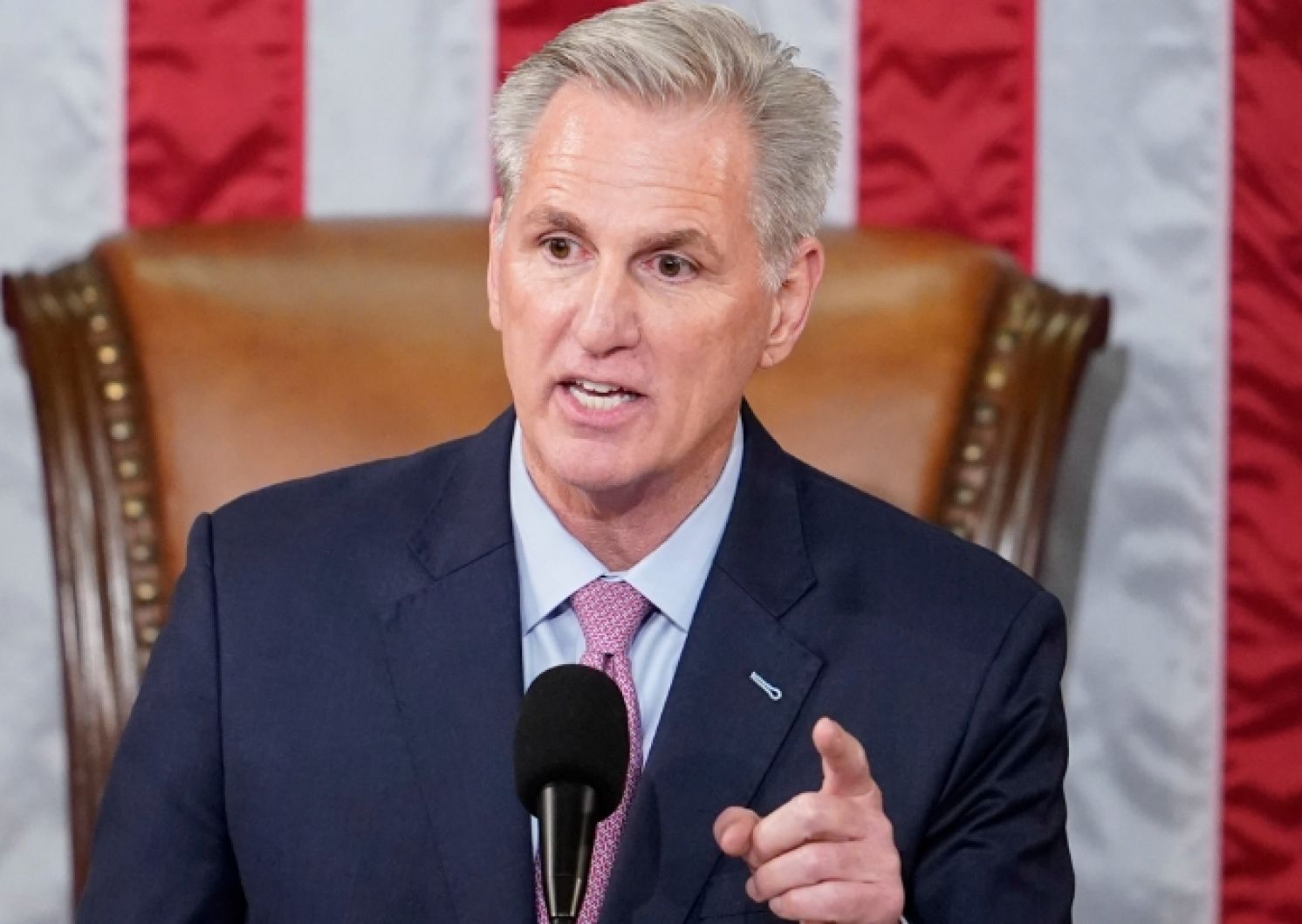
This Week in Taiwan 0116-0128
January 17: Elected representatives questioned that the packaging of luosifen (snail rice noodles) made in mainland China conveys "united front" campaign propaganda, and the Ministry of Economic Affairs (MOEA) subsequently announced a ban on importing the product, causing controversy. The MOEA explained that the import of luosifen was never approved. In other words, it is a smuggled product, which the MOEA asked distributors to take off store shelves, and the move has nothing to do with political propaganda.
January 18: The Directorate-General of Budget, Accounting and Statistics (DGBAS), Executive Yuan, announced that the estimated economic growth rate in the fourth quarter last year was -0.86 percent over a year, ending 26 quarters of positive growth and the largest decline since the global financial crisis. The economic growth over the entirety of last year is estimated to be 2.43 percent, 0.63 percentage point lower than the prediction in November. The objective of 3 percent was not met, and this was Taiwan's poorest economic growth performance in six years. According to the DGBAS, exports experienced a sharp decline and fell far below expectations, making fourth-quarter economic growth weaker than expected.
January 19: At the end of the Legislative Yuan session, Premier Su Tseng-chang announced his resignation on Facebook and asked the president to appoint a new premier as soon as possible.
January 24: The website Punchbowl News reported that the United States Department of Defense is preparing for a visit by Speaker Kevin McCarthy of the House of Representatives to Taiwan, which may take place in the spring. Legislator Wang Ting-yu of the ruling Democratic Progressive Party (DPP) stated that in September last year, he flew to Washington to deliver an invitation letter on behalf of Speaker You Si-kun of the Legislative Yuan welcoming Mr. McCarthy to visit Taiwan.
Mainland China's Taiwan Affairs Office of the State Council later stated that the Congress, as part of the U.S. government, should abide by the "One China" principle and U.S.-China Three Joint Communiqués and honor the commitment not to support Taiwan independence.
January 26: The Taiwan Public Opinion Foundation released the latest poll on political parties. The opposition Kuomintang (KMT) seems to have garnered more public support, with 26.3 percent responding with a favorable opinion and 26 percent unfavorable, its best performance in five years. The ruling Democratic Progressive Party (DPP) was rated 31 percent favorable and 32.3 percent unfavorable returning the party's level of public support to that in 2008.
January 27: President Tsai Ing-wen announced that the new cabinet would be led by former Vice President Chen Chien-jen, who will be appointed the next premier, and touted four major policy objectives: consolidate epidemic prevention measures, review , continue to elevate national infrastructure, and promote the Six Core Strategic Industries. The handover is expected to take place on January 31.
January 27: The positive rate of saliva PCR testing for inbound passengers from mainland China dropped from 25 percent to between 2 and 4 percent. Notwithstanding, the Central Epidemic Command Center (CECC) announced that inspection measures for mainland Chinese travelers will be extended to February 6. The CECC stated that as the coronavirus (COVID-19) pandemic continues in China and the flow of outbound personnel increases significantly, it must continue to monitor the impact on Taiwan and detect any high-risk mutant strains from China.
January 28: For two days in a row, the Taipei Metro received threatening letters alleging that bombs will be planted on the station platform and people will be randomly killed. According to police investigation, the Taipei Metro has received six threatening letters this year, all of which used overseas Internet Protocol (IP) through a virtual private network (VPN) as a springboard. The target suspect is Zhang Haichuan, a mainland Chinese graduate student who has since fled Taiwan. Police also found that Zhang used an alias "Tangze Guiyang" when he multiple times threatened the Taiwan Railways and Taiwan High Speed Rail.